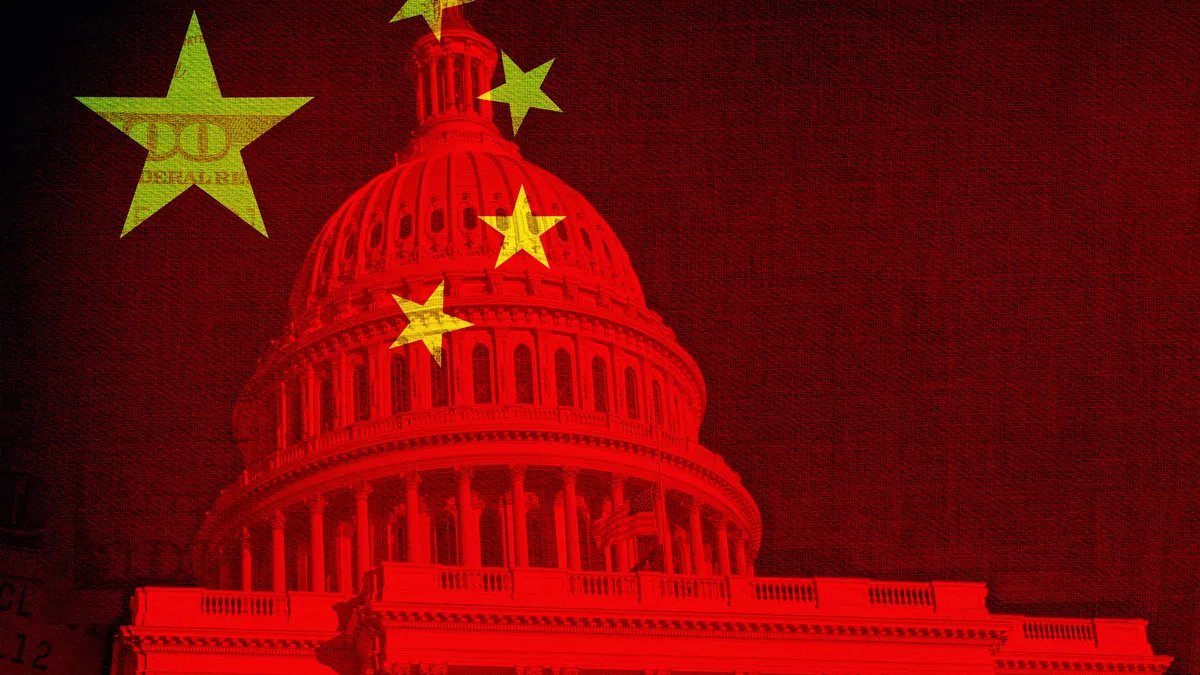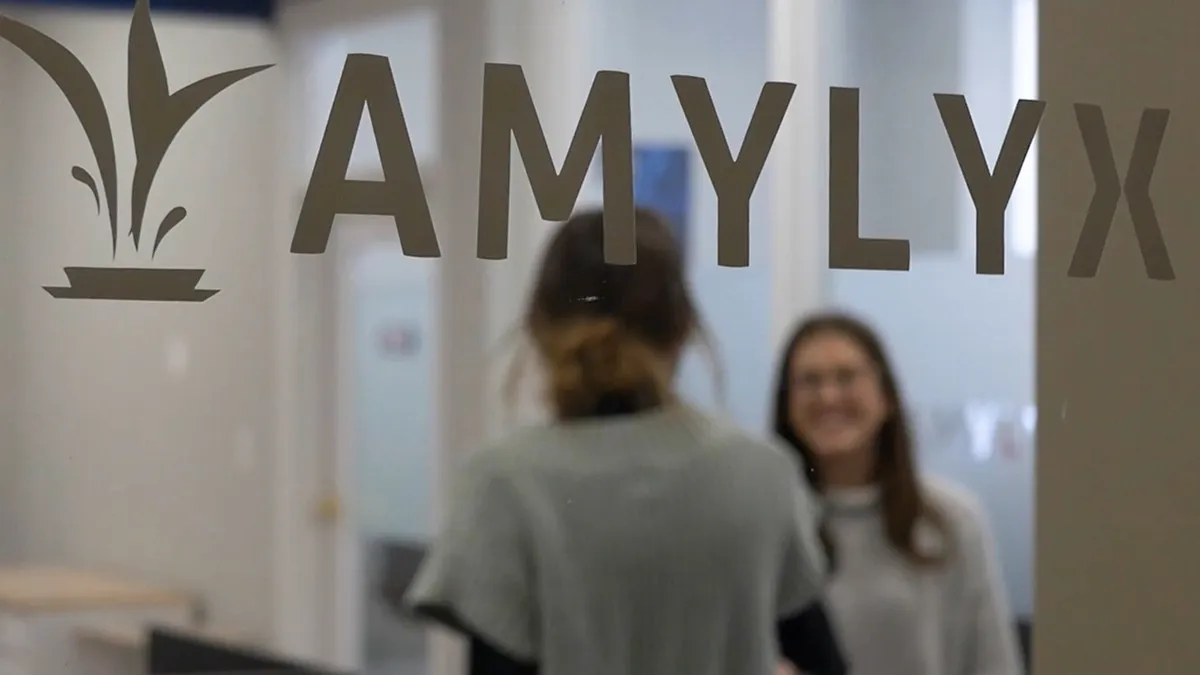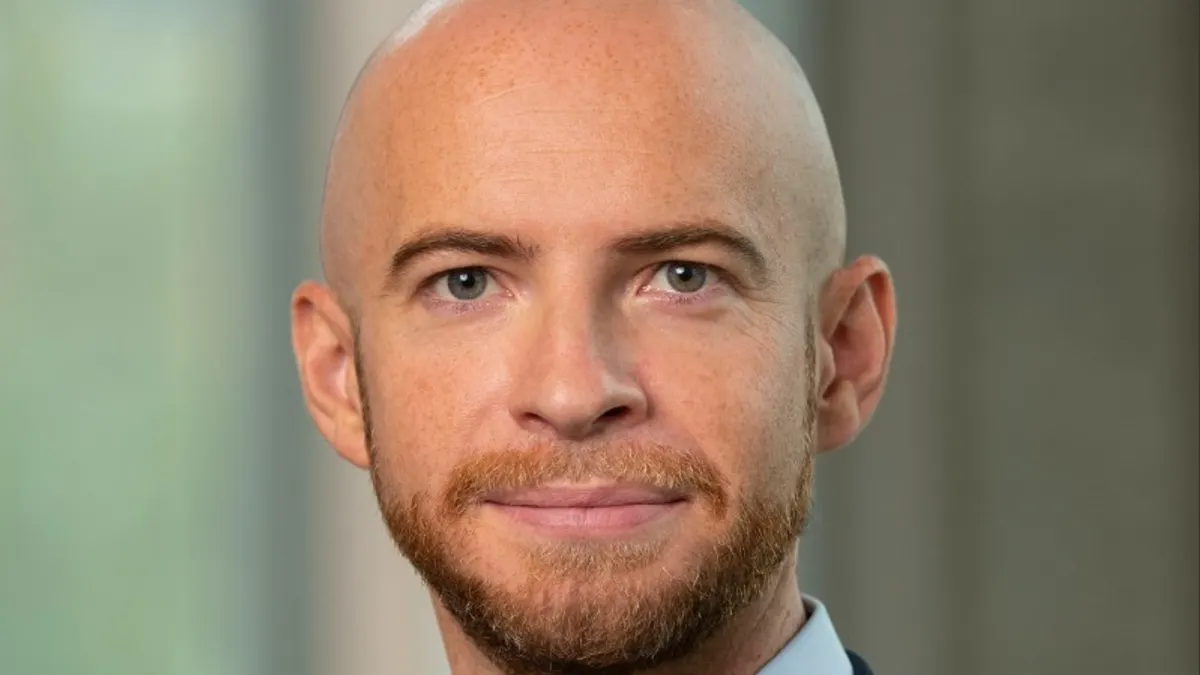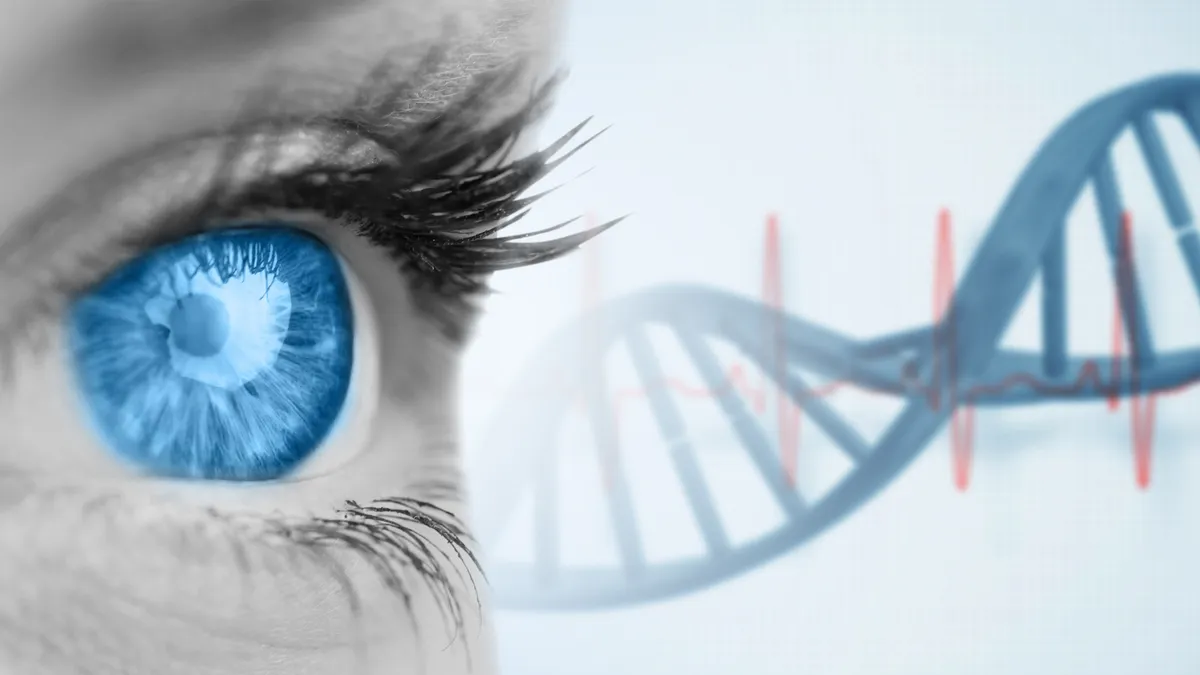Two major deals announced during this week’s J.P. Morgan Healthcare Conference added up to the largest M&A turnout in years. How does that brief January flurry compare to previous years?
Johnson & Johnson led the charge with the biggest deal announced during the conference since at least 2018, revealing the pharma giant is in line to buy neuropsychiatric biotech Intra-Cellular Therapies for $14.6 billion. GSK also joined the fray this year with a $1 billion purchase of cancer drugmaker IDRx.
The M&A rebound has been years in the making as companies like J&J and GSK face a patent cliff that threatens billions in revenue, and they need to pump up their pipelines to adjust to the coming storm, experts have observed.
The deals this week, while pointing to a general upswing in dealseeking, also paint a picture of companies’ shifting priorities. At J&J, for instance, incoming competition for the immunology standout Stelara has caused the massive company to explore opportunities in neuropsychiatry, where it found recent success with the depression drug Spravato. For GSK, a near-term patent expiration for the HIV drug dolutegravir has led to a deeper dive into the dependably active field of oncology.
Here, we’re stepping backward through J.P. Morgan history to explore the deals that have peppered the meeting since 2018, following the wider life sciences landscape along the way, from a megamerger boom to a pandemic disturbance and potential resurgence on the horizon.
2025 (Jan. 13-16)
For deals announced during the J.P. Morgan conference, 2025 takes the cake as the largest in recent years. J&J’s $14.6 billion purchase of Intra-Cellular is out of the ordinary for the conference as a more substantial deal rather than the standard bolt-ons, particularly since the pandemic threw uncertainty into the mix.
The deal gives J&J one more leg up in clinical depression and schizophrenia with the potential blockbuster Caplyta in Intra-Cellular’s commercial portfolio and a pipeline of neuropsychiatric drugs that could build on the pharma giant’s success with the ketamine-based depression drug Spravato.
GSK’s $1 billion IDRx deal is more in line with the usual slate of mergers announced during the conference, bringing in a rare cancer drug with precision medicine capabilities.
Adding to the deal flurry, Eli Lilly acquired a clinical oncology drug candidate from Scorpion Therapeutics for as much as $2.5 billion in milestone payments down the road.
2024 (Jan. 8-11)
Last year, the J.P. Morgan conference boasted four deals between opening and closing, but the total consideration was much lower with less than $4 billion on the line. J&J again held the most prominent position at the table, announcing the $2 billion purchase of cancer drugmaker Ambrx Biopharma on the first day of the meeting. Ambrx provided J&J with multiple antibody-drug conjugate candidates, which is a field that continues to appeal to drugmakers.
Three pharma giants rounded out the other deals, with GSK’s $1 billion up-front purchase of immunology biotech Aiolos Bio, Merck & Co.’s $680 million acquisition of cancer drugmaker Harpoon Therapeutics and Novartis’ $250 million up-front bolt-on of immunology company Calypso.
2023 (Jan. 9-12)
Dealmaking was a little more muted in 2023, but a few smaller acquisitions still slid into focus. AstraZeneca’s $1.3 billion up-front purchase of cardiorenal specialist CinCor was the largest of the bunch as the industry slowly emerged from the pandemic-era doldrums. Two smaller deals — including Ipsen’s rare disease purchase of Albireo and BioNTech’s InstaDeep buy — brought total consideration to around $2.7 billion during the conference window.
2022 (Jan. 10-13)
Zero. Zilch. Nada. There were no deals at all announced during the 2022 J.P. Morgan Healthcare conference, marking a low point in the meeting’s dealmaking reputation. In fact, the only acquisition revealed during that entire month of January was UCB’s purchase of epilepsy drugmaker Zogenix for as much as $1.9 billion with milestones, more than a week after the meeting ended.
One important note about 2022: The conference was held remotely due to the ongoing COVID-19 pandemic.
2021 (Jan. 7-13)
Like many of the years during the pandemic, 2021 was light on deals announced during the conference. Chimerix kicked it off with a small $78 million purchase of cancer drugmaker Oncoceutics, and then Sanofi upped the ante with an acquisition of immunology biotech Kymab worth $1.1 billion up front.
2020 (Jan. 13-16)
The first year of the decade marked another low point for J.P. Morgan dealmaking with only one announced during the meeting’s window. BioNTech, prior to skyrocketing as Pfizer’s partner with the first approved COVID-19 vaccine, placed a modest $67 million bet on cancer biotech Neon Therapeutics. Today, BioNTech is still pursuing a foothold in oncology with a pipeline of cancer therapies.
A week prior to the meeting, Eli Lilly jumped into the new year with a $1.1 billion acquisition of immunology company Dermira.
2019 (Jan. 7-10)
The year before the pandemic was a major one for dealmakers. The only acquisition that debuted during the J.P. Morgan conference was Lilly’s $8 billion purchase of cancer drugmaker Loxo Oncology — substantial on its own and worth some San Francisco chatter — but the real talk of the meeting was Bristol Myers Squibb’s whopping $74 billion megamerger with Celgene, announced before the doors opened. The deal reshaped the industry.
2018 (Jan. 8-11)
While there were no deals reported during the J.P. Morgan meeting in 2018, the industry was still busy — three major acquisitions came down the pike later that month. Two were wrought by growth-hungry Sanofi, which dropped more than $15 billion collectively to purchase rare disease drugmakers Bioverativ and Ablynx in late January. And similarly, prior to its own sale the following year, Celgene brought Juno Therapeutics into the fold for $9 billion. The cell therapies it gained in that acquisition are now important reminders within Bristol Myers’ current portfolio that a successful pharma is built piece by piece.


















